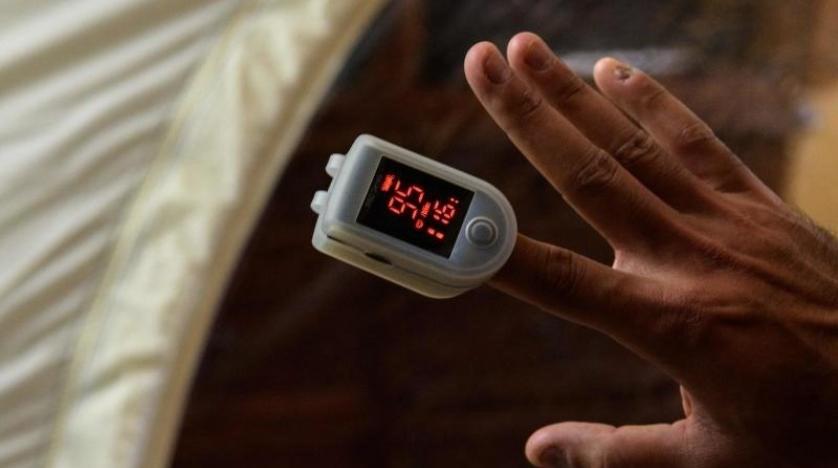Corona Virus: Does skin color affect the accuracy of oxygen meters?
Experts in Britain have warned that devices used to measure the level of oxygen in the blood, which some rely on to detect early signs of dangerously low levels of oxygen in Covid-19 patients, do not work well for people with dark skin.
The National Health Authority in England and the Medicines and Healthcare products Regulatory Agency say pulse oximeters can sometimes overestimate oxygen levels.
Anyone who has concerns about this is advised to look for changes that occur over time rather than relying on a single reading.
NHS England plans to issue an updated guidance, advising patients from minority ethnic black, Asian and other ethnic minorities to continue using these devices, but only after seeking advice from healthcare workers.
A report by the NHS Health and Ethnicity Monitor published in March recommended an urgent review of the use of these devices.
Skip topics that may interest you and continue reading topics that may interest youTopics that may interest you at the end
These devices have been increasingly used during the coronavirus pandemic, in hospitals and at home.
It is possible for Covid-19 patients' blood oxygen levels to drop to dangerous levels without them realizing - a condition known as "silent hypoxia".
difficult experience
Ranjit Sengira Maruha bought such a device when she contracted the coronavirus last year, but her oxygen levels were so low that she had to be hospitalized.
"When I entered the hospital, the first thing they said to me was: 'You left the device too late,'" Maruha said.

"I was hooked up to a machine with a capacity of 14 liters of oxygen - the highest they could give before you were taken to intensive care," she added.
"It never occurred to me that the color of my skin or the pigmentation of my skin would have an effect on the way these devices work," she concluded.
Dr. Habib Naqvi, Director of the Public Health Authority's Health and Ethnic Observatory, welcomed the updated guidance on these oximeters.
"Although it is a valuable clinical tool, clinicians are becoming more aware of the issue of potential errors...so we have to keep this in mind when we use these devices," he said.
"bias and racism"
Skip the podcast and keep reading My Teen Podcast (Morahakaty)Teenage taboos, presented by Karima Kouh and prepared by Mais Baqy.
Episodes
podcast end
Dr. Omar El-Gendy, a consultant physician in the Department of Intensive Care in West Yorkshire, noted inaccuracies in oxygen readings in black COVID-19 patients.
"I was noticing this thing at least once a day on two or maybe three patients," said Dr. El-Gendy.
He added, "This is part of the bias and systemic racism that happens in the NHS and in the care we provide at the NHS every day."
The numbers show that black people, Asians and other ethnic minorities are more likely to contract the coronavirus and become seriously ill or die as a result.
Experts believe that possible inaccuracies in device readings may be a contributing factor.
Dr. Naqvi said: "We have to ensure that there is common knowledge about potential limitations in healthcare equipment and devices, particularly for populations most at risk of life-altering diseases, and this includes blacks, Asians and diverse communities."
He added that it was important that a culturally comprehensive study now be carried out to ensure that oxygen meters worked accurately on people with darker skin.










